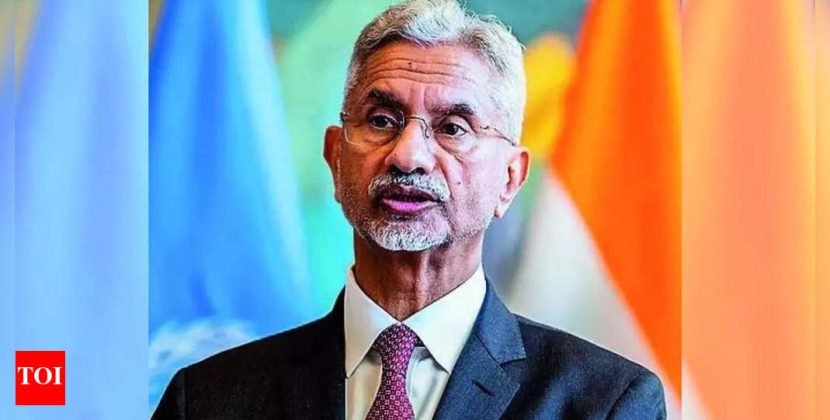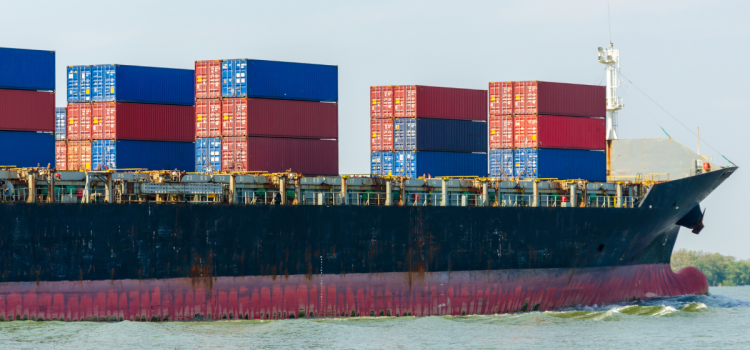
India and New Zealand on Monday started the second round of negotiations on the Free Trade Agreement (FTA) that will go on till July 25.
The first round of talks were held in early May. India and New Zealand decided in March to re-launch negotiations on FTA during New Zealand Prime Minister Christopher Luxon’s visit to New Delhi.
It is the second attempt by both countries to strike a trade deal. Through the deal they are aiming to grow their trade 10-fold in the next 10 years. In 2024-25 the bilateral trade stood at $ 1.29 billion with India’s exports at $ 711.08 million and imports at $ 587.15 million..
The first attempt for FTA lasted from 2010 to 2015. During that period 10 rounds of negotiations were held before. One of the key sticking points in the FTA is New Zealand’s demand for access to Indian dairy markets. Dairy along with agriculture is the most sensitive area to negotiate. In no FTA that India has signed so far has it agreed to open the dairy sector. Even in the India-UK FTA, which was finalised earlier this week, dairy has been kept out.
Currently, India’s dairy imports from New Zealand are minimal (around $0.57 million), and while India may consider limited imports of value-added dairy products, it remains firm against allowing raw dairy imports.
It is also reluctant to lower tariffs on New Zealand’s meat, and wine exports. Another key issue was India’s demand for easier movement of its skilled professionals and better access for its IT and services sector. India wanted New Zealand to grant work opportunities similar to those given to Australia and China, but New Zealand did not agree.
India’s key goods exports to New Zealand include clothing, fabrics, and home textiles; medicines and medical supplies; refined petrol; agricultural equipment and machinery such as tractors and irrigation tools; auto; iron and steel; paper products; electronics; shrimps; diamonds; and basmati rice.
The main imports are agricultural goods, minerals, apples, kiwifruit, meat products such as lamb, mutton, milk albumin, lactose syrup, coking coal, logs and sawn timber, wool, and scrap metals. In FY24, India’s services exports to New Zealand stood at $ 214.1 million, while imports were $ 456.5 million.
India’s key services exports include IT and software services, provided by companies such as Infosys and HCL, along with telecommunications services to support New Zealand’s digital infrastructure. India also exports healthcare services, including medical tourism, pharmaceutical research, and telemedicine. Financial services are another important area, with Indian banks and fintech companies offering digital payment solutions.
New Zealand’s services exports to India are led by education services, with thousands of Indian students pursuing higher education in New Zealand. Tourism services are also significant.











